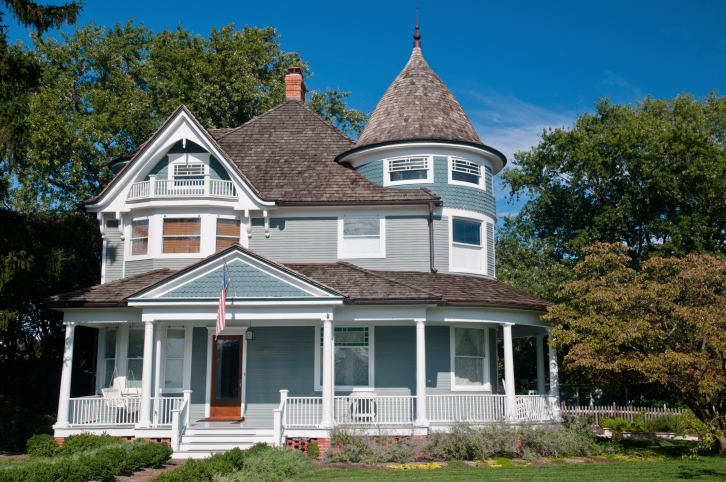Buying a Home? What to Do if Problems Are Found During the Final Home Inspection
 As a home buyer, you may go through a number of different steps to ensure that the property that you purchase is in great condition. For example, you may complete an initial walk-through or even several home tours before you make an offer. You may also order a property inspection and even negotiate for the seller to make some repairs on your behalf. A day or two before your closing date, you may set up a final home inspection to ensure that the home is still in the same condition as the initial walk-through. In most cases, there will be no problems with the final inspection. However, in the event that there is a problem with the final inspection, you will need to know how to handle it.
As a home buyer, you may go through a number of different steps to ensure that the property that you purchase is in great condition. For example, you may complete an initial walk-through or even several home tours before you make an offer. You may also order a property inspection and even negotiate for the seller to make some repairs on your behalf. A day or two before your closing date, you may set up a final home inspection to ensure that the home is still in the same condition as the initial walk-through. In most cases, there will be no problems with the final inspection. However, in the event that there is a problem with the final inspection, you will need to know how to handle it.
Work With Your Real Estate Agent
As a first step, you should discuss the issues with your real estate agent. Your real estate agent may have some strategies or ideas that can be used to help you overcome the issue in the best possible way. Minor issues may be resolved with a last minute negotiation to the sales contract. More significant issues may need to be rectified prior to closing, and you may need to delay the closing by a few days or longer until any issues are resolved.
Consider Walking Away
It may be rare for a property to have issues during the final home inspection, and most issues that do arise at this late stage in the buying process may be resolved through negotiations between the buyer and seller. However, in the event that the seller plays hard ball and refuses to work with you to resolve the matter or in the event that the issue is so significant that you are not comfortable with it, it may be an option to walk away from the property.
In most sales contracts, wording is present that requires the property to be delivered to the buyer in the same condition as it was when the contract was signed less general wear and tear. Walking away may not be ideal, but it may be the best option in some cases.
Making a final home inspection is not a requirement, but it is advisable. It can ensure that the home your purchase is in the same condition as it was when you did the initial walk-through, and you can apply these tips if you discover that the home is not in the same condition.

 While some home buyers only want to live in a brand new home and will custom build a home to their specifications, others are drawn to the historic character and charm of a classic home. Older homes may have incredible architectural detail and special features that you simply do not want to change. These older homes can sometimes be a much better investment than a brand new home. However, there are some essential features that should be upgraded as soon as possible after you take ownership of your classic home.
While some home buyers only want to live in a brand new home and will custom build a home to their specifications, others are drawn to the historic character and charm of a classic home. Older homes may have incredible architectural detail and special features that you simply do not want to change. These older homes can sometimes be a much better investment than a brand new home. However, there are some essential features that should be upgraded as soon as possible after you take ownership of your classic home. It was very common decades ago for several generations of a family to live together, and this may have included kids, parents, grandparents and even great-grandparents in some cases. Today’s modern homes are generally designed to accommodate a more traditional modern family, which includes only parents and kids or for only a married couple without kids. When you are buying a home for other generations as well, it is important for you to pay attention to a few important points.
It was very common decades ago for several generations of a family to live together, and this may have included kids, parents, grandparents and even great-grandparents in some cases. Today’s modern homes are generally designed to accommodate a more traditional modern family, which includes only parents and kids or for only a married couple without kids. When you are buying a home for other generations as well, it is important for you to pay attention to a few important points.